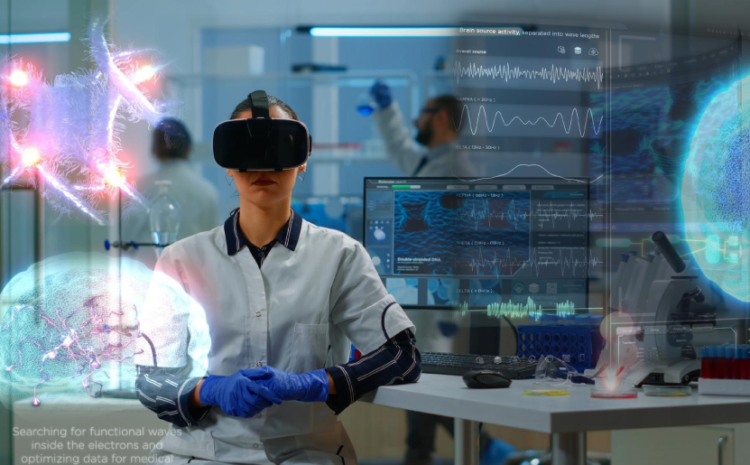AI and preventive medicine: a revolution in progress

Artificial intelligence (AI) is revolutionizing preventive medicine, enabling early, personalized interventions that improve health and reduce long-term costs. By analyzing massive data and identifying trends, AI helps predict diseases and take preventive measures.
Disease risk prediction
AI uses predictive models to assess disease risks and enable early interventions.
Analysis of Genetic Data:
AI algorithms can analyze DNA sequences to identify genetic predispositions to diseases. This information helps individuals understand their risks of hereditary diseases and take appropriate preventive measures.
Analysis of Lifestyle Data:
By combining lifestyle data, such as diet, exercise and sleep habits, AI can assess the risks of chronic diseases such as diabetes and cardiovascular disease. This helps personalize health recommendations and prevent illnesses before they develop.
Early detection of diseases
AI facilitates early detection of diseases, enabling rapid and effective intervention.
Analysis of Medical Images:
AI tools can analyze medical images, such as x-rays and mammograms, to detect early signs of diseases such as cancer. This early detection improves the chances of successful treatment and remission.
Biomarker Monitoring:
Wearable devices and health apps integrated with AI can monitor biomarkers in real time, detecting subtle changes that indicate the onset of a disease. This allows patients and doctors to respond quickly to the first signs of health problems.
Personalization of preventive interventions
AI makes it possible to personalize preventive interventions to maximize their effectiveness.
Lifestyle Recommendations:
AI algorithms can provide personalized lifestyle recommendations based on analysis of individual data. This includes advice on diet, exercise and stress management to prevent chronic diseases.
Personalized Vaccination Programs:
AI can optimize vaccination programs by taking into account individual risks and medical histories. This ensures that individuals receive the most appropriate vaccines to prevent infectious diseases.
Continuous monitoring and monitoring
AI offers solutions for continuous monitoring and monitoring of patients, ensuring proactive prevention.
Portable Monitoring Devices:
AI-integrated wearable devices continuously monitor patients’ vital parameters and send alerts when problems are detected. This allows rapid and preventive intervention.
Health Management Platforms:
Health management platforms using AI allow patients to track their health progress and receive reminders and encouragement. These platforms help maintain optimal health and prevent disease.
Challenges and perspectives
The integration of AI into preventive medicine presents challenges, particularly in terms of data confidentiality, regulation and acceptance by patients and healthcare professionals. However, with continued advancements and increased collaboration, AI has the potential to transform preventative medicine.
The future prospects of AI in preventive medicine are promising, with increasingly sophisticated technologies and diversified applications. AI can help create more proactive, efficient and patient-centered healthcare systems, offering personalized solutions to improve overall health and prevent diseases before they start.

